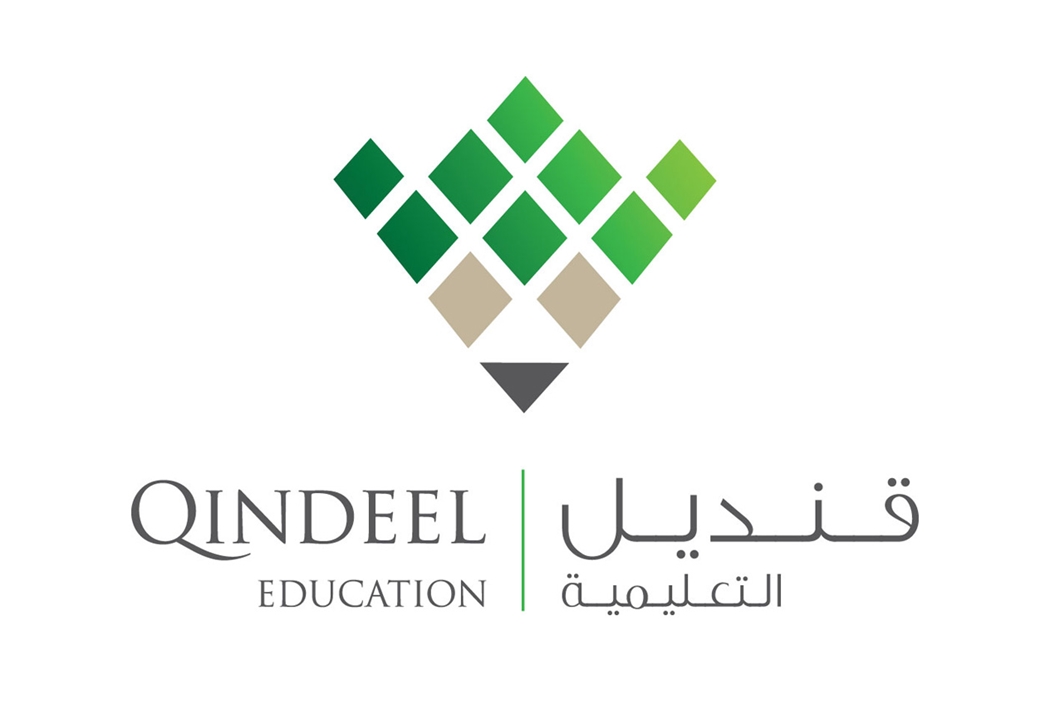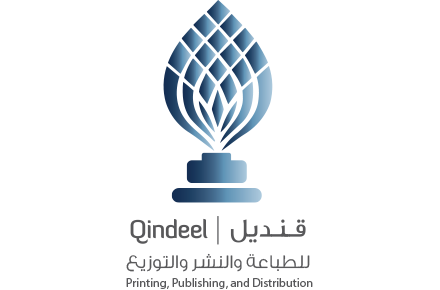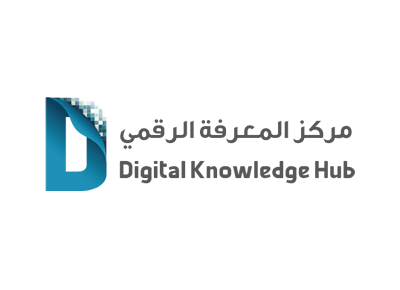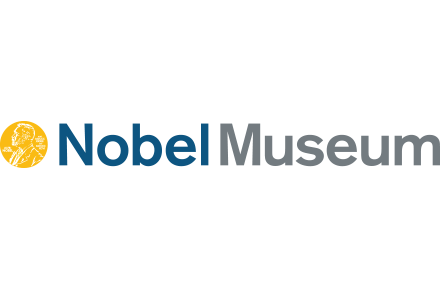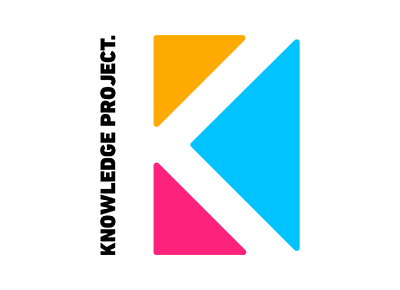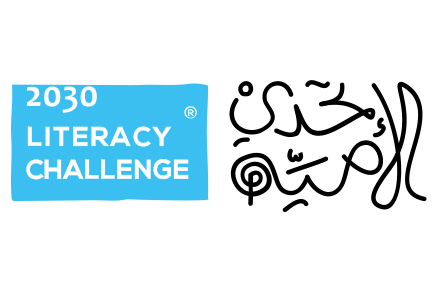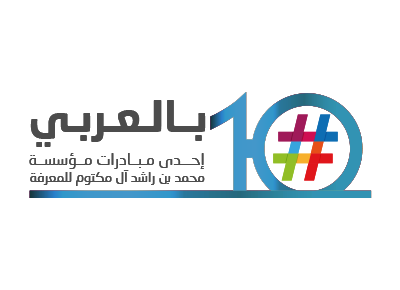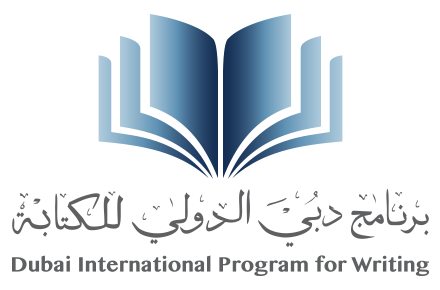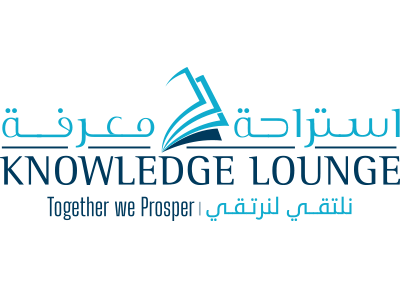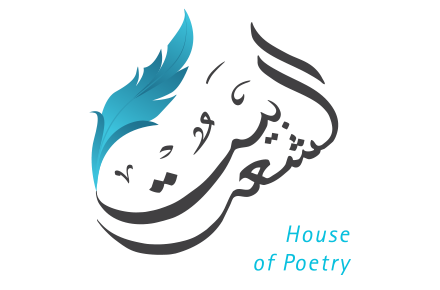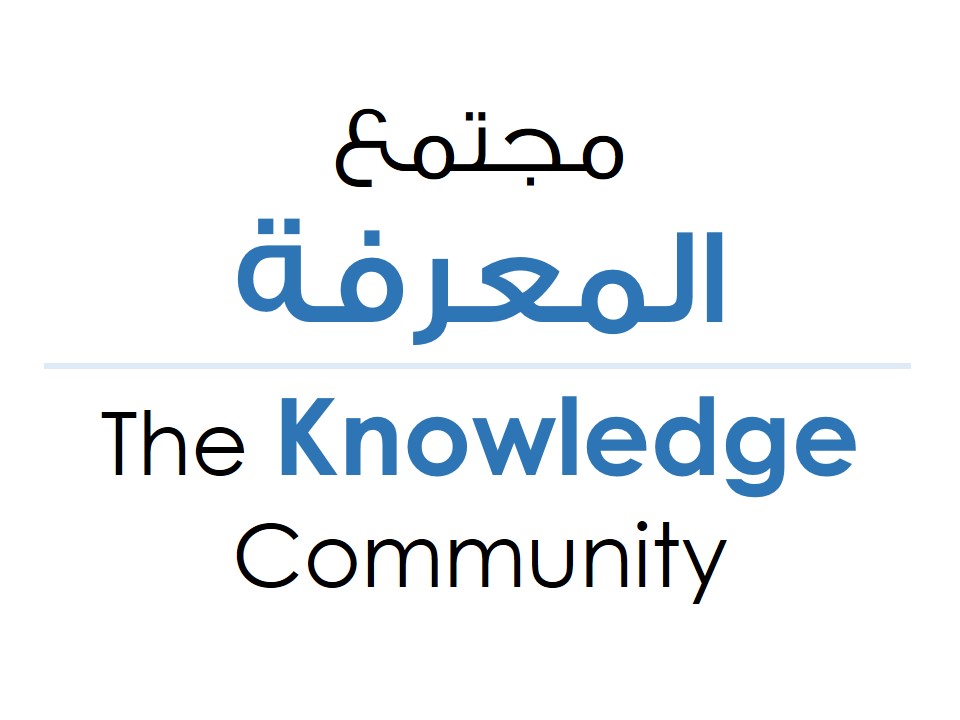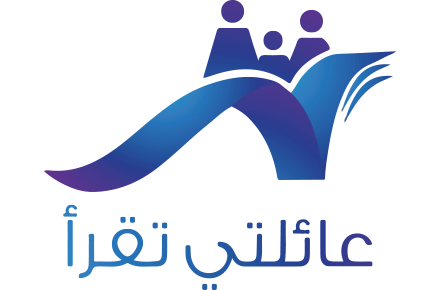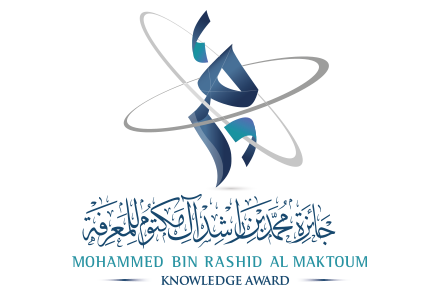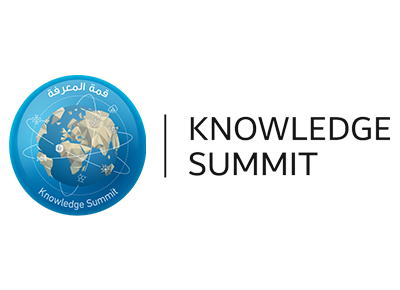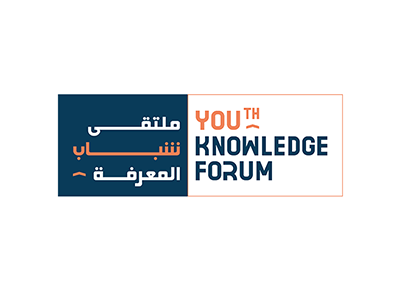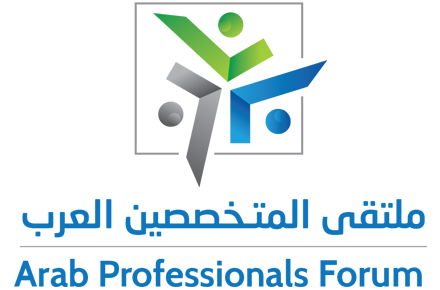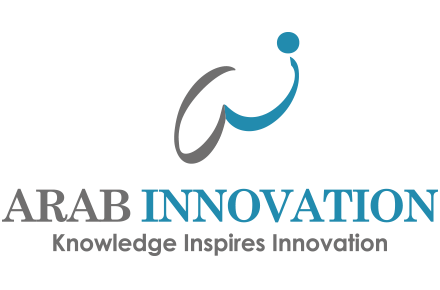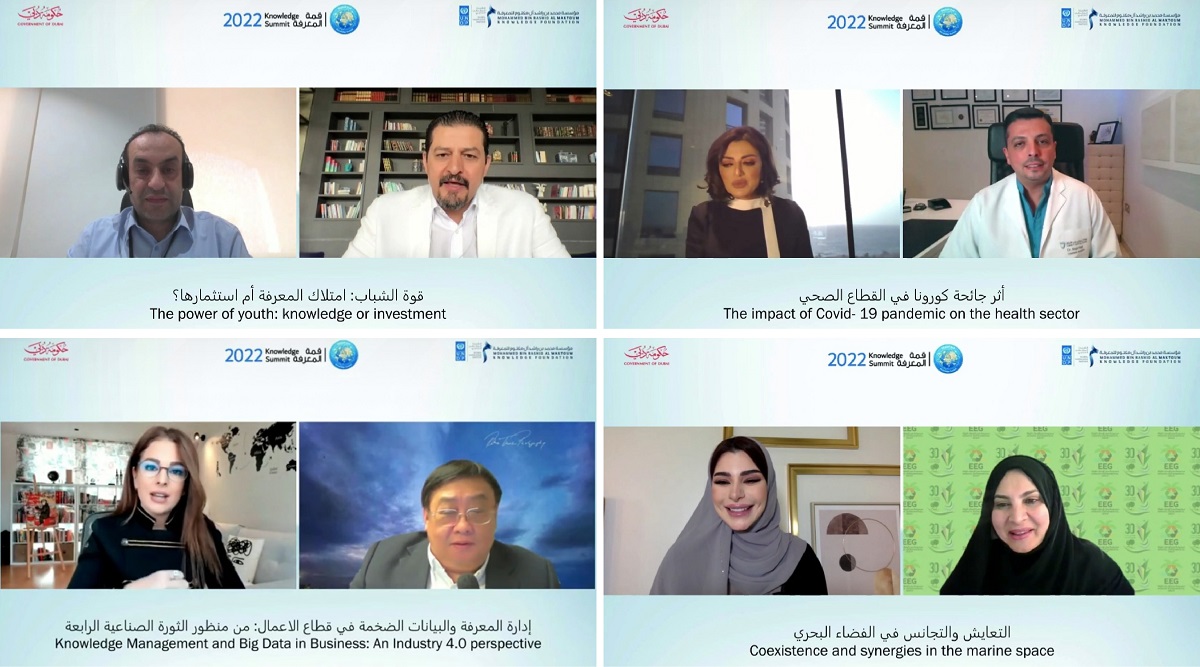Knowledge Summit continues virtual session discussing global citizen, big data management, youth investing in knowledge, and coexistence in marine space
DUBAI, United Arab Emirates, March 20, 2022 - The seventh edition of the Knowledge Summit has continued for the fourth consecutive day as a virtual event after its in-person sessions wrapped up on Tuesday at Expo 2020 Dubai, with the rest of the sessions ending on Friday, March 18, 2022.
Thinking like a global citizen
Libby Giles, Director of Global Citizenship Education at the New Zealand Centre for Global Studies led the first session on the theme ‘Thinking Like a Global Citizen: A Defining Moment for Global Citizenship’. The topic addressed what is global citizenship, including its nature, characteristics, and the importance of thinking critically and acting responsibly.
Giles discussed about what it means to be a global citizen, saying that this is not a new concept, but societies were looking at it from a “responsibility” perspective, as it is the global citizen who takes responsibility for the challenges facing the world.
Giles pointed out the difference between the concept of global citizenship and globalization, pointing to global citizenship as a responsibility towards the world in terms of addressing challenges such as the environment. Meanwhile, globalization is a concept associate to a liberal economy and trade and does not concern itself with the negative impacts of such practices, nor with the environment and individuals, she explained.
The speaker further noted the importance of raising the awareness about the concept of global citizenship in institutions and companies, and among children in schools through education, to enable individuals and students adopt the concept and become global citizens. Despite differences, global citizens recognize the importance of understanding others and the structure of the world and thinking about different ways to solve common global problems, she added.
Giles asserted that the global citizen is ethical, responsible, and active. It always seeks knowledge, ways to improve his soft skills; enjoys critical, creative, and innovative thinking; talks about rights, duties, and social differences; and always striving knowledge. She also shed light on the role of the New Zealand Centre for Global Studies and how it promotes the concept of citizenship in New Zealand among children and school students.
Knowledge Management and Big Data in Business: An Industry 4.0 Perspective
The second session titled, ‘Knowledge Management and Big Data in Business: An Industry 4.0 Perspective’ discussed the use of data, knowledge, and expertise to achieve excellence in work and enhance the process of decision-making. The session was led by Professor Eric Tsui, Associate Director, Knowledge Management and Innovation Research Center, The Hong Kong Polytechnic University.
Prof. Tsui reviewed the developments of the first three industrial revolutions, their impacts on businesses, and how these impacts relate to the Fourth Industrial Revolution. Additionally, he stated how the first three generations placed a lot of emphasis on production, tools, and automation as priority, while the fourth generation relies heavily on information and big data.
Prof. Tsui further emphasized the role played by artificial intelligence and smart technologies in driving the Fourth Industrial Revolution, enabling institutions to utilize big data and information more effectively, and to better understand consumer demands and the market.
In his view, institutions in the business sector need to be better prepared to undergo restructuring, in order to continue to operate efficiently and effectively. Companies can benefit from data and information to support growth amidst a comprehensive trend towards digitization and big data, providing an opportunity for enterprises to achieve excellence in innovation and development.
Prof. Tsui also explained that the analysis of large data and information is one of the most important factors of the Fourth Industrial Revolution, as it equips leaders, officials, and decision makers with the wisdom and options they need to make informed decisions. In his remarks, he stressed the importance of organizations using clear methods to establish knowledge channels among personnel, in order to change the trends of the Third Industrial Revolution and facilitate patterns of effective communication.
Knowledge management is crucial to the success of companies and societies, as well as assisting in the regulation and planning associated with the Fourth Industrial Revolution. Moreover, good knowledge and data management play a crucial role in decision-making, in addition to data analysis further enabling us to recognize diseases and pandemics before they occur.
The power of youth: knowledge or investment
The third virtual session, ‘The Power of Youth: Knowledge or Investment’ witnessed valuable insights from Dr. Thabet Al Nabulsi, a pioneer in the field of youth, training, development, and community leadership. Discussions ensued regarding the various challenges that the Arab youth encounter while acquiring knowledge, and the community culture that surrounds knowledge.
Al Nabulsi reviewed the historical evolution of the application of knowledge and ideas from the 18th to the present century, noting how the application of knowledge by scientists was able to shorten research time from 30 years in the medieval period to weeks and sometimes even hours in the present era, owing to today’s advanced research centers and universities that lead the world's knowledge economy.
Speaking of the past, he noted how factory workers utilized more physical force in the past and compared it with how the use of reason has now evolved into the dominant trend. This is because it is a skill that deals with advanced technologies. He also highlighted how the knowledge economy today needs skills and knowledge, stressing that although young people in the Arab world may possess knowledge, they also needed to understand how to invest and employ it in a manner that benefits themselves and the country.
He further added that knowledge has now become a crucial aspect of the economic GDP along with capital, workers, and land. Focusing on the youth, he highlighted that young people must attempt to transform all the available information at their work into knowledge and share this among institutions and universities for their development. In doing so, they would all benefit from cooperation and communication.
Nabulsi further stated that Arab families should empower and encourage young people to acquire knowledge. He noted that families in the Arab region were very intertwined and encouraged them to combine efforts and solve the prevailing unemployment issues in the region by organizing between market requirements and educational output, and in doing so, bring about a shift in the community culture regarding knowledge.
Coexistence and Synergies in the Marine Space
The fourth virtual session, entitled ‘Coexistence and Synergies in the Marine Space,’ explored the opportunities of the blue economy, the importance of educating and sensitizing people about oceans and aquatic life, and the various negative practices and their effects on water bodies. The session was carried out in the presence of Dr. Habiba Al Marashi, chairman of EEG.
Dr. Al Marashi spoke about the importance of oceans and seas and their impact on human life, noting that marine life is responsible for 50 per cent of the planet's oxygen. She further stated that they played a crucial role in regulating the planet's temperature by absorbing a large amount of the sun’s impact, while also serving as a source of food for humans and other creatures.
Al Marashi further confirmed that scientists have discovered only two thirds of marine life, and how acquiring knowledge about around 80 per cent of them are outside the scope of their capabilities and required intensive research to gain more insight. She also urged the need to introduce strict laws and restrictions to curb marine space pollution by irresponsible human-induced practices such as the dumping of plastic and oil tanker waste into the oceans.
The session ended on an optimistic note, with Al Marashi applauding the UAE’s efforts to preserve marine life by introducing various initiatives, such as the Abu Dhabi Sustainable Week, which specially focuses on climate change, and the various other challenges and issues that affect the blue economy. She further advised that it was the need of the hour to ensure that current generations are made aware of sustainability, the blue economy, and the rehabilitation of the marine environment, as they play an important role in addressing this issue in a manner that is in line with the sustainable development agenda, which aims to create a secure and sustainable marine environment.
The Impact of Covid-19 pandemic on the health sector
Themed ‘The impact of Covid-19 pandemic on the health sector’, the fifth session saw Dr. Majd Naji, founder of Liberty Dental Clinic, reviewing the challenges faced during the COVID-19 pandemic and the lessons learned from the crisis.
Emphasizing the importance of knowledge in controlling the crisis brought about by COVID-19, Dr. Naji said that non-availability or little information about the virus was the first obstacle that the medical sector faced. However, Dr. Naji said that knowledge gained about the effect of the virus on human beings, during a short period, was instrumental in defining the preliminary protocol on how to treat it.
Dr. Naji highlighted the UAE's experience in dealing with the COVID-19 pandemic, stressing that it is one of the few countries in the world which responded rapidly to the crisis. “The functioning of the government in the UAE is very transparent. It made efforts in disseminating awareness and making the right decisions at the right times and relied on modern technologies. The UAE is at the forefront of the countries that not only made vaccination available to its people, but manufactured and exported it to the world,” Dr. Naji added.
“Mohammed bin Rashid Al Maktoum Knowledge Foundation has sent a message through the Knowledge Summit and before the onset of the COVID-19 pandemic crisis, about the importance of knowledge and its consolidation in the society through families, especially as it is the only defense against misinformation,” he said.
The Mohammed Bin Rashid Al Maktoum Knowledge Foundation aims to promote and empower knowledge in communities across the region and the world. It works to build faster and more accurate solutions to health, environmental, economic, and social challenges and to provide a better future and a clear path to sustainable development. The virtual session in the summit concluded on March 18.


